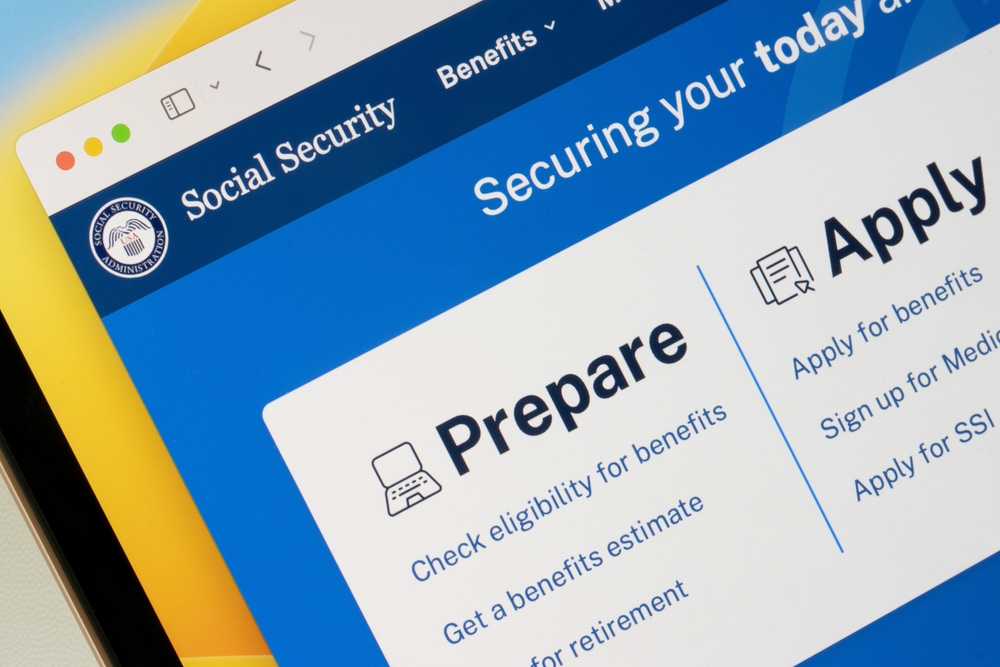Nationwide, over 73 million people receive social security benefits – including over 11 million people with disabilities. Social Security offers financial benefits when an individual retires, dies, or when someone has a disability. For many, these benefits are a lifeline.
There are two main types of social security benefits:
- Supplemental Security Income (SSI): helps older adults and people with disabilities who have little to no income. On average, individuals receive $714 per month, which can help with needs such as housing, food, and clothing. SSI is not tied to an individual’s work history but is instead based on need.
- Social Security Disability Insurance (SSDI): helps workers with qualifying disabilities and their families. SSDI is related to your work history, and covers individuals who have worked for a certain number of years and have paid Social Security taxes.
Some states, including Massachusetts, offer a State Supplemental Program (SSP) which can provide additional payments to eligible SSI applicants.
Download The Arc’s new fact sheet below to learn more about the importance of Social Security and what the current threats facing it could mean for the disability community.




